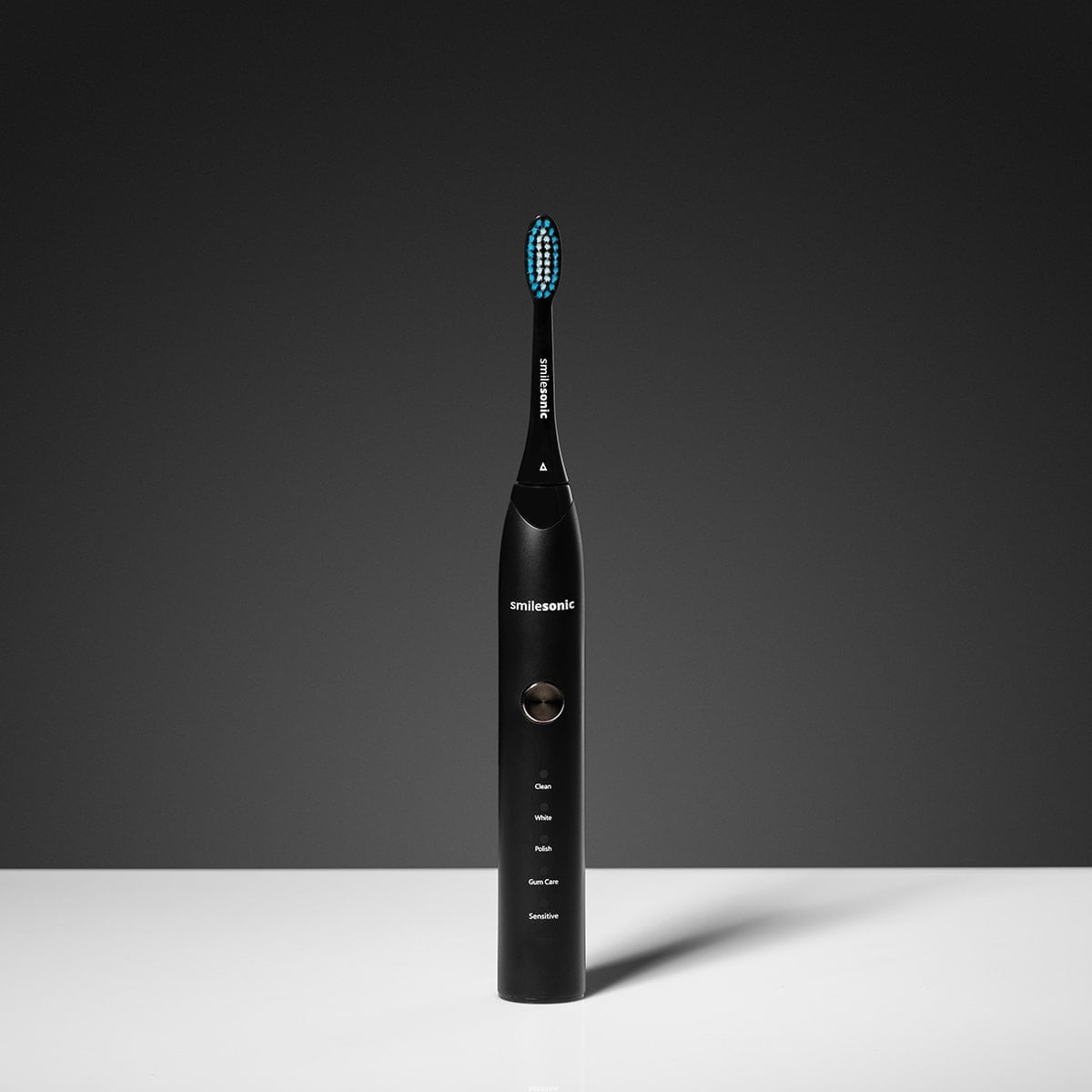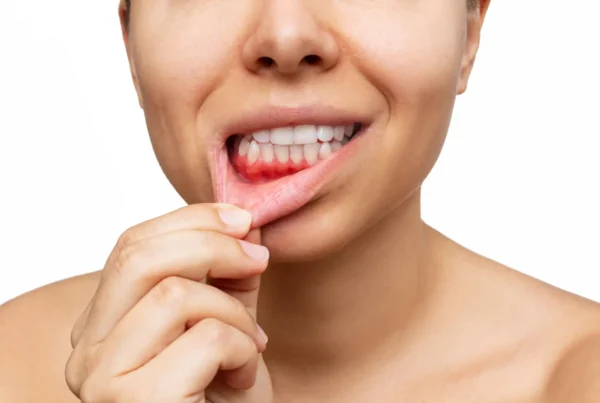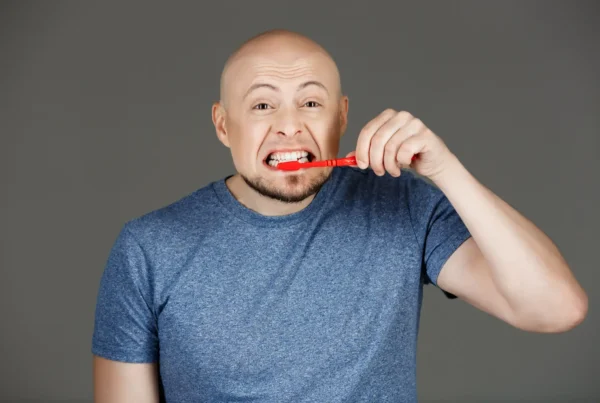Is it worth using toothpaste with xylitol? Xylitol and teeth – how this sweetener affects oral health
Choosing the right toothpaste is essential for maintaining good oral hygiene. Among the many ingredients found in modern dental products, xylitol has gained notable popularity as a sugar substitute and an oral health-supporting agent. But is xylitol-enriched toothpaste really worth using? This article explores the properties of xylitol, its effects on teeth, the benefits of its use, and how to select the best xylitol-containing toothpaste.
What is xylitol?
Xylitol is not a sugar—it is a natural sugar alcohol (polyol) found in small quantities in fruits and vegetables such as berries, plums, and corn. It is commonly derived from birch wood, which is why it is sometimes referred to as “birch sugar.” Xylitol is widely used as a low-glycemic sweetener that offers sweetness comparable to sucrose but provides approximately 40% fewer calories. Importantly, oral bacteria cannot metabolize xylitol, making it particularly beneficial for maintaining dental health. It also helps restore optimal pH levels in the mouth. In children’s toothpaste, xylitol serves as a safe, effective alternative to sugar.
How does xylitol affect teeth?
Dental caries is largely caused by bacteria such as Streptococcus mutans, which metabolize sugars into acids that demineralize enamel. Xylitol cannot be fermented by these bacteria, meaning it does not lead to acid production. Moreover, it reduces the population of Streptococcus mutans in the oral cavity, thereby decreasing the risk of caries. Thanks to its antibacterial properties, xylitol can serve as an alternative to fluoride in fluoride-free toothpastes or complement its effect in fluoride-based formulas.
Benefits of using xylitol toothpaste
Caries Prevention
As a non-fermentable compound, xylitol effectively reduces caries risk and bacterial acid attacks. Regular brushing with xylitol toothpaste has been shown to reduce plaque accumulation and contribute to overall oral health.
Saliva Stimulation
Xylitol promotes increased salivary flow, which is critical for oral cleansing and acid neutralization. This is especially beneficial for individuals with xerostomia (dry mouth).
Enamel Remineralization
Studies suggest that xylitol supports enamel remineralization, helping repair early demineralized lesions and reinforcing the enamel surface. It thus offers natural protection for teeth.
Safety of Xylitol in Dental Products
Xylitol is considered safe for both adults and children. In pediatric applications, it can effectively reduce caries risk without the concerns associated with excessive fluoride exposure. Its pleasant sweetness also makes toothbrushing more appealing to children.
Are There Any Drawbacks?
Though generally safe, consuming large amounts of xylitol may cause a laxative effect due to its fermentation by gut bacteria. However, the concentration used in toothpaste is typically too low to trigger such effects.
Xylitol toothpastes may be slightly more expensive than conventional products, but the oral health benefits often justify the additional cost.
Read more: Black toothpaste
How to choose the right xylitol toothpaste?
When selecting a xylitol-containing toothpaste, consider the following:
- Xylitol concentration: Look for products that list xylitol among the first ingredients, indicating a higher concentration.
- Presence of fluoride: While xylitol offers numerous benefits, fluoride remains a cornerstone of caries prevention. Products combining both are highly effective.
- Certifications and safety: Ensure the product is approved by dental associations and meets regulatory safety standards.
Xylitol vs other natural sugar substitutes in oral care
Natural sugar alternatives like erythritol and sorbitol are also used in oral hygiene products. However, xylitol stands out due to its dual role in reducing cariogenic bacteria and promoting enamel repair. When combined with other polyols, its efficacy can be further enhanced, making it a valuable component of comprehensive oral care routines.
Due to its favorable safety profile, xylitol is well-suited for daily use in both adult and children’s oral hygiene.
Conclusion – should you switch to xylitol toothpaste?
Xylitol not only has a low glycemic index but also helps restore healthy salivary pH. A wide range of xylitol toothpastes is available for daily use, including natural formulas, whitening variants, fluoride-enriched options, and specialized products for sensitive teeth and children.
With its proven anticariogenic effects, salivary stimulation, and support for enamel remineralization, xylitol is a valuable component in modern preventive dentistry. Regular use of xylitol toothpastes can significantly improve oral health. Pediatric formulations are also available to protect both deciduous and permanent teeth from decay.





